Future perfect simple: “Will”
Usage
The future perfect tense is used to describe an event that will be completed before another point in time. As a result, we often use time expressions (such as “by tomorrow,” “by midday,” or “by then”) or another activity (expressed in a different future tense) to help make the timeline clear.
Let’s take a look at some examples:
- I will have written the report by Monday.
- On June 7, I will have worked at this company for ten years.
- My sister will have finished her homework by the time I get home.
- We’ll have reached a decision by tomorrow.
In the examples above, notice how the future perfect actions will have taken place at a certain time before something else happens.
Formation: “Will have + past participle”
Positive statement:
* I will have eaten …
* I will have finished …
* She will have spoken …
* She will have written …
* Casual: They’ll have left …
* Casual: We’ll have arrived …
Negative statement:
* I will not have eaten …
* I will not have finished …
* She will not have spoken …
* She will not have written …
* Casual: They won’t have left …
* Casual: We won’t have arrived …
Positive Question:
* Will you have finished by then?
* How long will he have waited for you?
Negative question:
* Will you not have finished by then?
* Casual: Won’t you have eaten dinner yet?
Future perfect continuous: “Be going to”
Usage
The future perfect continuous tense is used to describe an activity that will continue until a point of time in the future and will not be completed. Much like the simple tense above, it is usually used with a time expression (such as “by …”) or another future action in order to make the timeline clear.
Take a look at the following examples:
- By the end of August, I’ll have been living overseas for a year.
- Soon, I’ll have been waiting in line for over an hour.
- By the time you wake up, I will have been working for two hours already.
Formation: “Am/is/are + going to have + past participle”
Positive statement:
* I will have been waiting …
* Casual: I’ll have been working …
Negative statement:
* I will not have been waiting …
* Casual: I won’t have been working …
Positive Question:
* Will you have been training for that event?
Negative question:
* Won’t you have been talking with clients all day?
Future perfect simple vs continuous tense
We use continuous tense for incomplete or uninterrupted activities. On the other hand, if we need to describe a number of individual actions, or actions that were repeated at different times, then we use the future perfect simple tense.
Here are some more examples to highlight the difference:
One incomplete activity: Continuous
* By next month, I’ll have been teaching English for twenty years.
Six individual actions: Simple
* By the end of this project, I’ll have designed more than six cars.
One uninterrupted activity: Continuous
* By the time we land, I’ll have been reading this book for over seven hours.
Two completed activities that will be done one after another: Simple
* By lunchtime, I’ll have cleaned my room and finished my homework.
* * *
For more help with your English grammar and writing, have a look at our resource page for the best guides and books available!
Stay in Touch!
Do you want to learn how to read, write, and speak English with confidence? Are there any grammar rules that you find hard or confusing? Drop us a comment to let us know and we’ll help you in your journey to learn English!

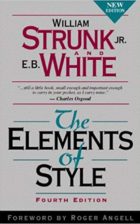
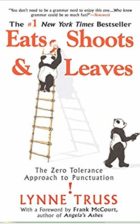

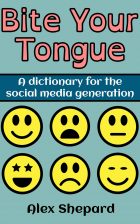
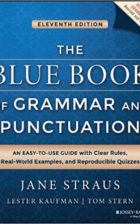
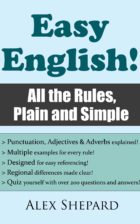
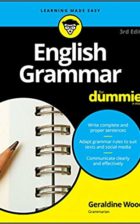
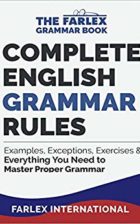
Thanks for the help. I always get confused about perfect tense, but I think I get it now 🙂
Hi Kayley,
It’s a pleasure. Let us know if you have trouble with anything. We’re always happy to help!